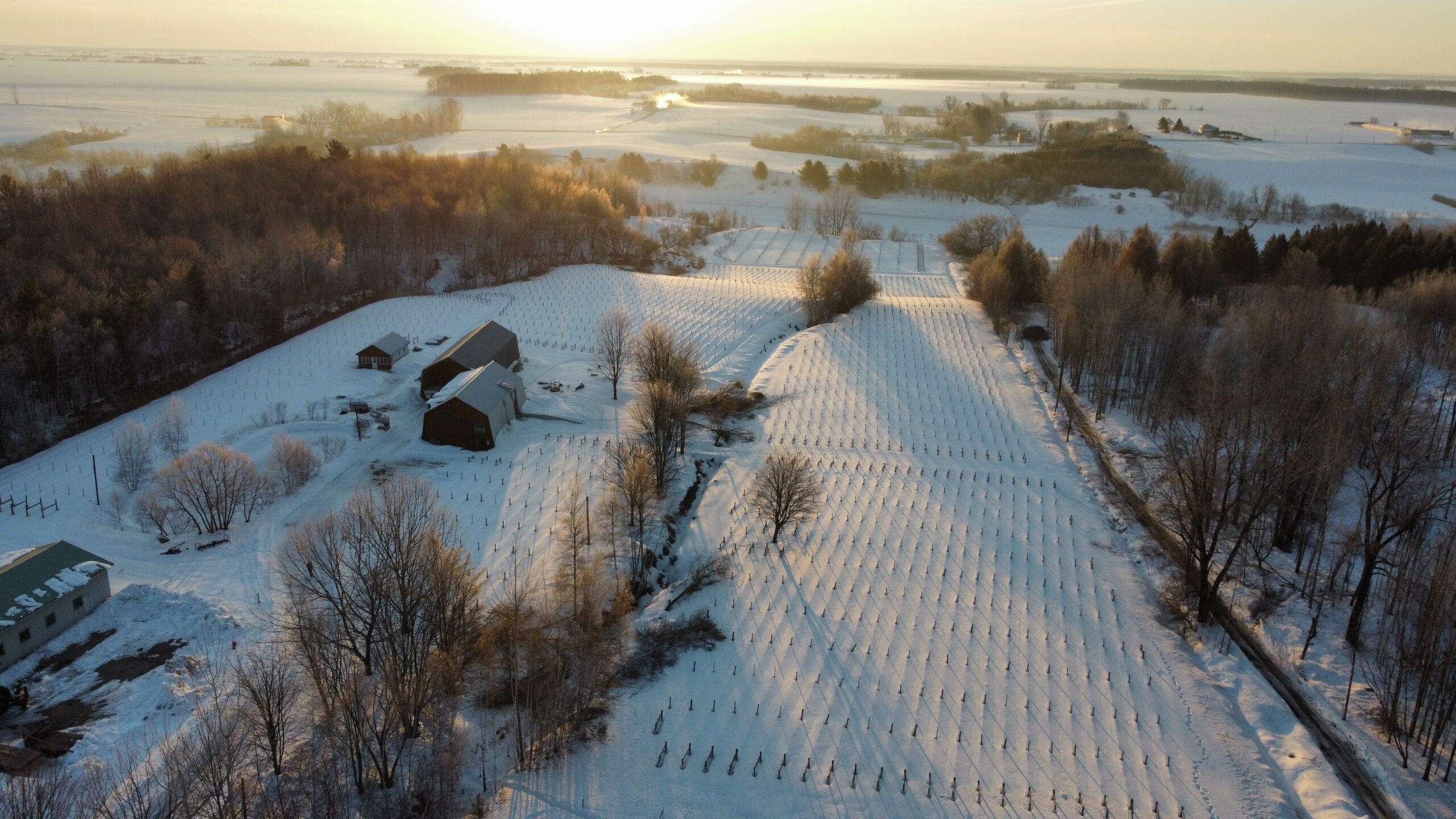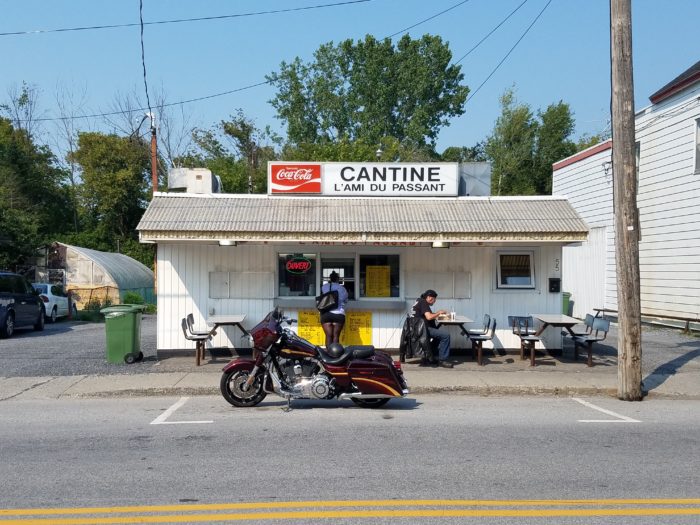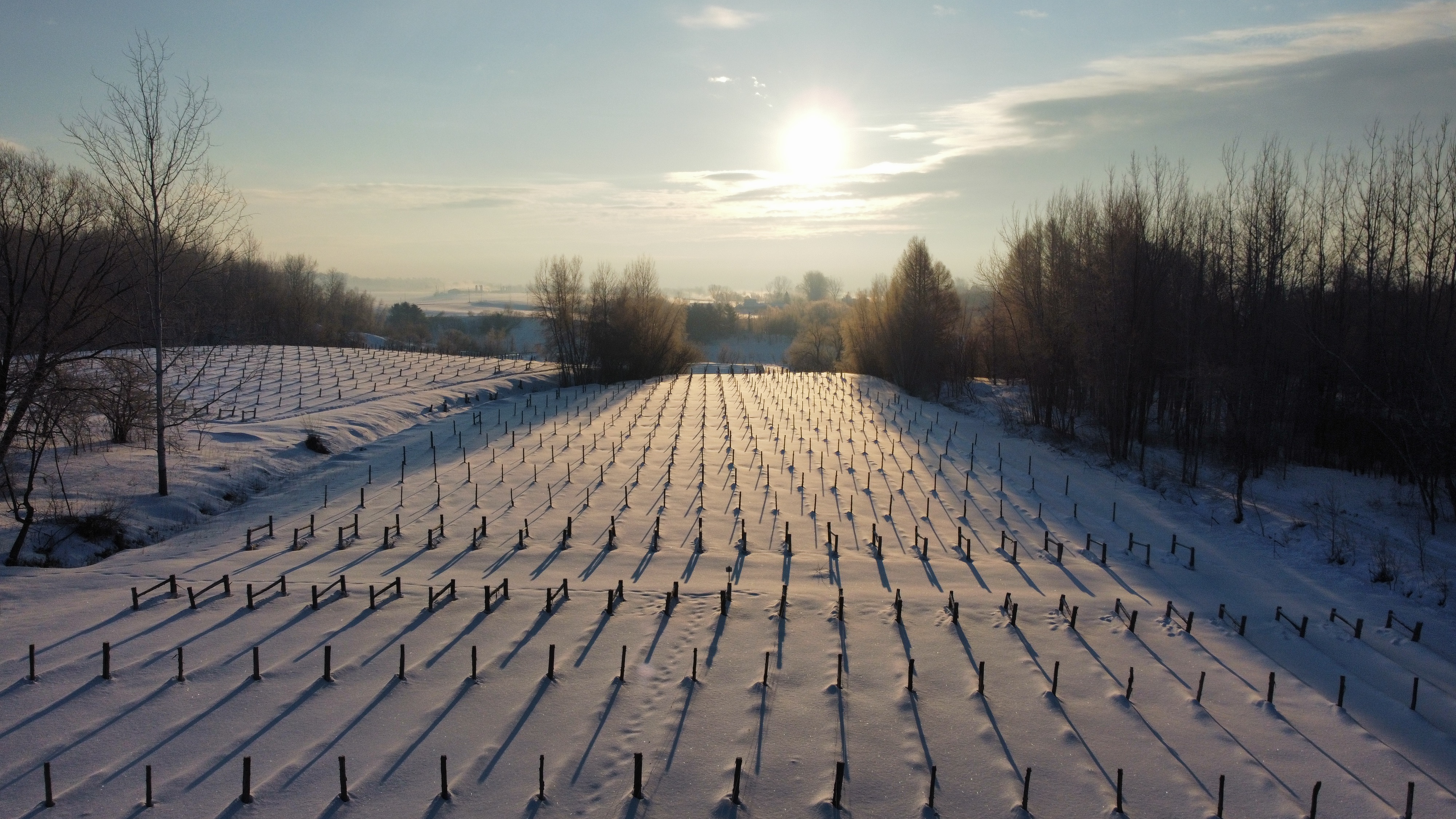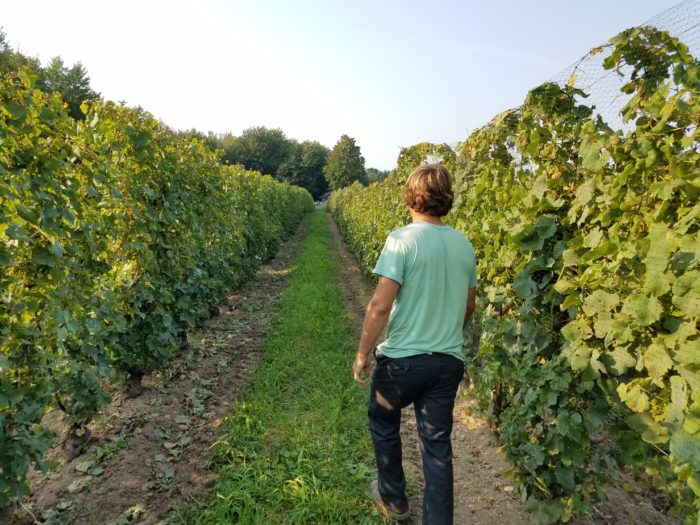
Honestly, since starting vom Boden, I don’t know that I’ve spent more time or energy on something of such dubious relevance, financial or otherwise. We are speaking, after all, of a microscopic amount of not-inexpensive wine, from a region whose wine culture is in the early stages of infancy.
Yet, despite these obvious warning signs and some degree of common sense – no exaggeration – I have spent three years and just as many trips, trying to convince two growers to sell me but a few cases of wine. The wines first landed in the fall of 2019; I saw Matthieu Beauchemin of Domaine du Nival in early, early 2020 at Racines in lower Manhattan. Then, a pandemic, closed borders, financial uncertainties and a lot of fear.
It has been too long, but I am giddy to have these wines back – the curious and contemplative, the adventurous and thrill-seeker tasters should all email us instantaneously. These wines are mini-revelations; the winemaking nothing short of heroic.
All this to say, I really, really, really dig these wines. I believe in the culture of winemaking developing just outside of Montreal, up in this boundary-region of viticulture. Read more about the two estates we are importing here: Domaine du Nival (click here) and Les Pervenches (click here).
Yes, cool-climate wines are my shit, but I’ve been to plenty of “cool climate” regions only to find light and acidic wines of no composure or internal logic, to say nothing of the often dubious farming and cellar practices.
Life on the edge isn’t easy, I get it.

Yes, ok, I went to Montreal with high expectations for the food scene (and was not disappointed, as those who know Montreal, know) and close-to-zero expectations of the wine scene. Give credit where credit is due: I basically went up there because one brilliant wine-mind, an enthusiastic, passionate wine director now also winemaker in Germany’s Franken by the name of Emily Campeau started bugging me as early as 2016, suggesting ever-so-gently that I “GET THE **** UP HERE AND TASTE THESE ****ING WINES NOW BITTEROLF!” (Anyone who knows Emily, knows she has way with words. Also, above photograph: Emily and I at “Cantine L’Ami du Passant,” a place Calvin Trillin should put on his shortlist when he finally does the research for his upcoming book on poutine and aneurysms.)
In the borderlands surrounding Montreal I found something I very much did not expect: something essential, exceptional, inimitable… unique. I found what I consider far and away the most elegant, seamless and integrated wines I’ve had from the eastern part of North America. I write “eastern” not because the wines can’t compete with their more famous western counterparts, but because these northerners seem so foreign to anything I have ever tasted from the west, or from the U.S. or frankly, even Canada.
Up here, outside of Montreal, believe-it-or-not, are some of the most subtly complex wines I have ever had: intricate puzzles etched on the head of a pin. Be warned: These are not slap-you-upside-the-head-they-are-so-extraverted type wines. I can’t imagine you’d expect that from what is to some extent the frozen tundra, but just as a warning. These wines are in many ways so subtle I think it’s easy to overlook them. But for those among us willing to pay a bit more attention…

The top wines (vinifera and hybrid) seem to me able to have a dialogue with any of the great wines of the “old world,” relating most obviously to the cooler climates of Europe. The best of them feel as if they were made in an ancient European winemaking tradition that doesn’t exist: Chablis dropped in the coolest vineyards of the Saar? The Côte d’Or on the frozen tundra? Muscadet in Montreal? I could go on, but I’ll spare you. (Above photograph: In the vineyard of Domaine du Nival.)
Yet, as easily as these wines could find the famous terroirs of Europe in their family tree, there is also something very palpably different. Perhaps this is the hybrids speaking their language, swaying their vinifera counterparts to get a bit rowdy by some means of plant communication we don’t yet understand. Perhaps the difference is due to a farming and cellar culture that sprung ex nihilo, taking full and wise advantage of the geographical isolation as a means of creating and maintaining freedom.
However it’s all happened, in my many years of drinking “off the radar,” I don’t know that I’ve ever tasted wines that reside in this unique periphery, both very familiar and very foreign.
I obviously have no idea how this will play out, very little realistic sense of how the domestic market will size up these curiosities from the north. But that’s, I suppose, a discussion of markets and business, things which interest me less and less everyday (aside from, say, staying in business). What I am sure of, deep within my bones to a degree I rarely am, is that these are really important, unique and beautiful wines. If I can’t find a few dozen people to love these wines the way I do, well, maybe I will have to drink them myself, which I will do.

I should add, as a not irrelevant footnote: I am also in awe of the supportive, enthusiastic and loving relationship between the winemakers (most of whom are about an hour or so outside of Montreal) and the wine cognoscenti of Montreal. These are wine directors and sommeliers that know the great wines of the world, yet provide strong support for their local vignerons, not because they are local, but because the wines deserve this respect. (Above photograph: Mike Marler of Les Pervenches walking the vineyard.)
It’s also worth adding, as a footnote to this footnote, that most of the reason I’ve had to spend so much damn time and money trying to get these wines into the U.S. is that they are in such insane demand in Montreal. Both Les Pervenches and Domaine du Nival (as well as the strong wines by Pinard et Filles, brought in by Zev Rovine) are collected, obsessed over and poured by the top restaurants and wine bars of Montreal, including of course Joe Beef, but also Le Vin Papillon, Buvette, Candide, Elena, Réservoir, Monopole, etc.
To see the wines available this year with specific notes and details, check out the ‘Wines’ section : Domaine du Nival (click here) and Les Pervenches (click here).
And then, email us and try and order some of these to support this winemaking culture. Thank you!